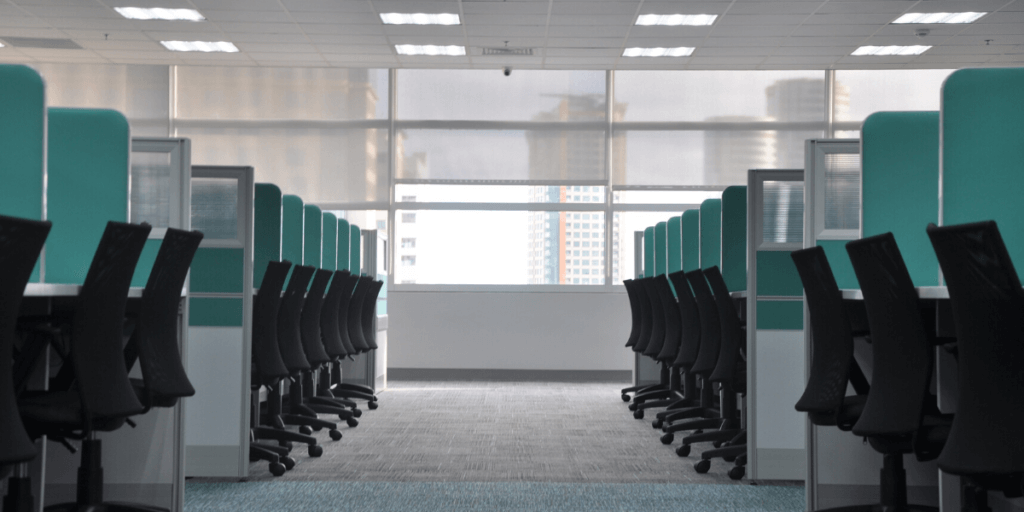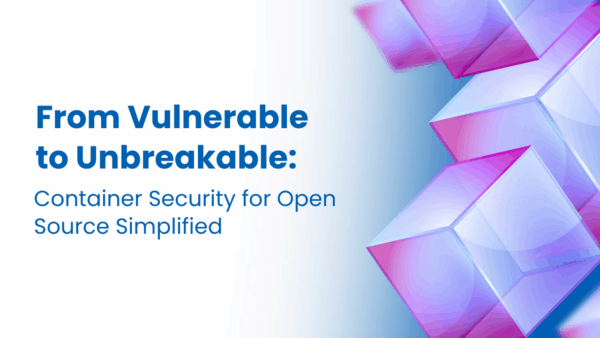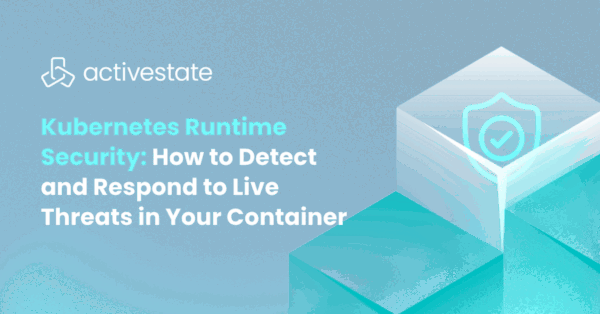Companies all over the world are stepping forward to help their teams and the community cope with the Coronavirus/COVID-19 outbreak. Work from home (“WFH”) assistance, new approaches to sick days, free online school lessons, extended software trials… a growing chorus of tech companies is setting great examples.
Being a part of the open-source community, we love to share what is working for us. Be it a code recipe, a GitHub repo or our best practices as a company. The WFH transition was quick and easy for us… and keeping up the spirit of open source, our CEO Bart Copeland shares ActiveState’s formula.
Five steps companies can take to prepare for working from home during COVID-like work transitions
1. Embrace the ‘Work from Home’ culture.
Every crisis brings along change. Women took jobs in factories during World War 2. The 2008 banking crash taught many companies to seek part-time workers. We strongly believe that the COVID crisis will teach the world to work remotely. It is, of course, easier for knowledge workers to make the transition. But post-COVID, many companies, and institutions that could never imagine working remotely will find this work style unavoidable and possibly very advantageous.
At ActiveState, we embrace working from home as a way that works for us and our employees. We have always been a hybrid company in this respect. Close to 40% of our team works from remote locations across the globe. The rest of the Team is based in Vancouver and has the option to work in a collaborative environment in our office or from time to time from the comforts of their home. When the ActiveState leadership decided to exercise social distancing, the change to go 100% WFH was made quickly with little to no change in business.
If enough of your workforce are knowledge workers, consider becoming a hybrid company. For Activators, work is a happy place that they can enjoy wherever they are and not necessarily a busy desk a long commute away. It is a good idea to empower your employees with the decision to pick the environment they can be most productive in. This allows employees to live in better work-life equilibrium and enjoy both more. They’ll also reduce their environmental footprint, as well as the costs and time involved with their commute.
2. Invest in tools that make your team independent.
Tools like Slack, Highfive, Asana, password management utilities, secure VPN solutions, and company Google Drives make it possible to create a virtual office that’s as healthy and productive, if not more, than a regular workplace. Even when working from the office, these tools often lead to a smaller carbon footprint through more efficient use of infrastructure. Invest in these in a timely fashion, so that your team can be independent and better equipped to handle remote work situations like COVID.
The leadership at ActiveState tries to proactively fill any gaps in work processes. From a monthly subscription to an online library to a sit-to-stand desk, every work need is paid attention to. Of course, these provisions would vary according to a company’s size and capacity, but the idea to invest in your team is a good one, whether remote or in-house.
3. Keep your culture real, virtually.
What’s work without water cooler chats or at-length discussions about the latest Star Wars movie? ActiveState believes in keeping our virtual discussions as real as can be. We have public and private Slack channels where teams can talk about work or anything else. There are channels dedicated to build-engineering, usability, marketing, sales, customer support and more, and then there are channels that discuss interesting topics like tech, food, movies, and Dungeons and Dragons.
Having a well-planned meeting regime helps as well. A hybrid work culture should still try to bring text, audio, and video together… so that everyone interacts face-to-face and not just via emails and Slack messages. Virtual 1:1s, huddles, reviews and daily check-ins are always lined up in our calendars. The team can join from their office desk, a meeting room, a cafe or from home. ActiveState comes together every month for a “town hall” meeting that gives the whole company a chance to interact with each other. We are even continuing our “Free Lunch Fridays” but virtually during COVID. We sponsor one lunch a week for Activators working from home and ask everyone to chime in with pictures on Slack. A culture like this can keep connection and spirits high (and panic in control) when social distancing is needed.
4. Act quickly and update frequently.
In these pandemic times, companies need to act fast. A long review and approval process in the management can delay decision-making. It helps to have a policy in place that makes such decision-making quick. ActiveState has been proactive and not reactionary. The leadership had been watching the COVID situation closely since it first broke out in China. As numbers started to grow globally and it hit North America, we had already identified social distancing as a way to mitigate this outbreak. Even before the government ordered Canadians (and Argentines, Americans, and Swiss) to stay indoors, we asked our ActiveState employees to work from home until further notice.
Previously approved travel was canceled, as were in-person events and meetings that Activators were required to attend. We are instead channeling our energy towards achieving what we can virtually. This means skipping US PyCon 2020 as a sponsor and as an attendee, and engaging with our dev community actively online until the situation allows everyone to come together.
Quick and firm decisions like these help instill confidence in the team. It assures them that the management has a plan, recognizing, of course, that for every business, community, and government on the planet this is a new crisis that most of us have never faced before. therefore we are learning as we go and we need to help and learn from each other as well.
5. Care for your people.
As organizations, our responsibility extends to the families of those who work for us and the neighborhood we operate in. Assess your plan of action according to your unique situation. For instance, we share a floor with two popular airlines and that meant exposure to travelers. We asked everyone to be diligent with hand-washing at the very onset of Coronavirus.
For those Activators who couldn’t help but be at work, the leadership decided to discourage the use of transit by reimbursing parking and cab fares. This decision was taken to reduce the numbers of Activators at risk and also safeguard their families at home which could include the elderly or people with weaker immune systems.
Your business may be one that needs someone to be physically present. Your policy will be different than ours, but keeping in mind that the people manning the fort need to be protected and healthy.
Actively listen to and understand the team’s concerns, both in group settings and individually. Acknowledge the complexity of the situation and that people have family obligations. Encourage and support people sharing clear, accurate and actionable information with each other.
Bart and the entire leadership team at ActiveState truly believe that humanity will rise to this monumental challenge and emerge stronger. Each of us together – individuals, families, communities, companies, governments, etc, globally and collectively can overcome this COVID challenge and drive forward. The steps we took are adaptable and scalable. We hope you can find your own COVID equilibrium through our experience.
Don’t forget that the mental and physical health of your team is also equally important to invest in while we are all social distancing. That’s what’s next on our minds. Until then, keep your hands clean, stay connected with each other… from a distance ( of at least 6 to 10 feet says CDC). We’ve got this folks!






